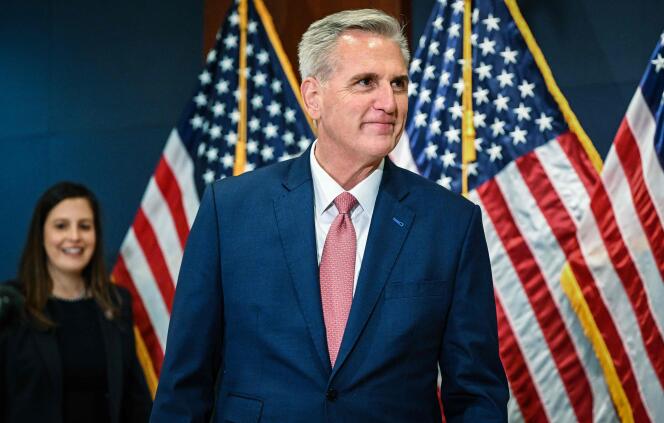US Republicans seek to empower poll watchers, raising concerns voters of colour will be intimidated
The red dot of a laser pointer circled downtown Houston on a map during a virtual training of poll watchers by the Harris County Republican Party. It highlighted densely populated, predominantly black, Latino, and Asian neighborhoods.
“This is where the fraud is occurring,” a county Republican official said falsely in a leaked video of the training held in March. A precinct chair in the northeastern, predominantly white suburbs of Houston said he was trying to recruit people from his area “to have the confidence and courage” to act as poll watchers in the circled regions in upcoming elections.
A question at the bottom corner of the slide indicated just how many poll watchers the party wanted to mobilize: “Can we build a 10K Election Integrity Brigade?”

As Republican lawmakers in significant battleground states seek to make voting more complex and more confusing through a web of new election laws, they are simultaneously creating a concerted legislative push to grant more autonomy and access to partisan poll watchers – citizens trained by a campaign or a party and authorized by local election officials to observe the electoral process.
This effort has alarmed election officials and voting rights activists alike. There is a long history of poll watchers being used to intimidate voters and harass election workers, often in ways that target Democratic-leaning communities of color and stoke fears that have the overall effect of voter suppression. During the 2020 election, President Donald Trump’s campaign repeatedly promoted its “army” of poll watchers. He publicly implored supporters to venture into heavily black and Latino cities and hunt for voter fraud.
Republicans have offered little evidence to justify a need for poll watchers to have expanded access and autonomy. As they have done for other election changes – including reduced early voting, stricter absentee ballot requirements, and limits on drop boxes – they have grounded their reasoning in arguments that their voters want more secure elections. That desire was largely born out of Mr. Trump’s repeated lies about last year’s presidential contest, which included complaints about insufficient poll watcher access.
With disputes over voting rules at a fever pitch, the rush to empower poll watchers threatens to inject further tension into elections.
Partisan and nonpartisan poll watching has been a critical component of US elections for years, and Republicans and Democrats alike have routinely sent trained observers to the polls to monitor the process and report back on any worries. In recent decades, laws have often helped keep aggressive behavior at bay, preventing poll watchers from getting too close to voters or election officials and maintaining a low threshold for expelling anyone misbehaving.
But now, Republican state lawmakers in 20 states have introduced at least 40 bills that would expand the powers of poll watchers, and 12 of those bills in six states are currently progressing through legislatures, according to the Brennan Center for Justice. In Texas, the Republican-controlled Legislature is advancing legislation allowing them to photograph and video-record voters receiving assistance and making it extremely difficult for election officials to order the removal of poll watchers.




